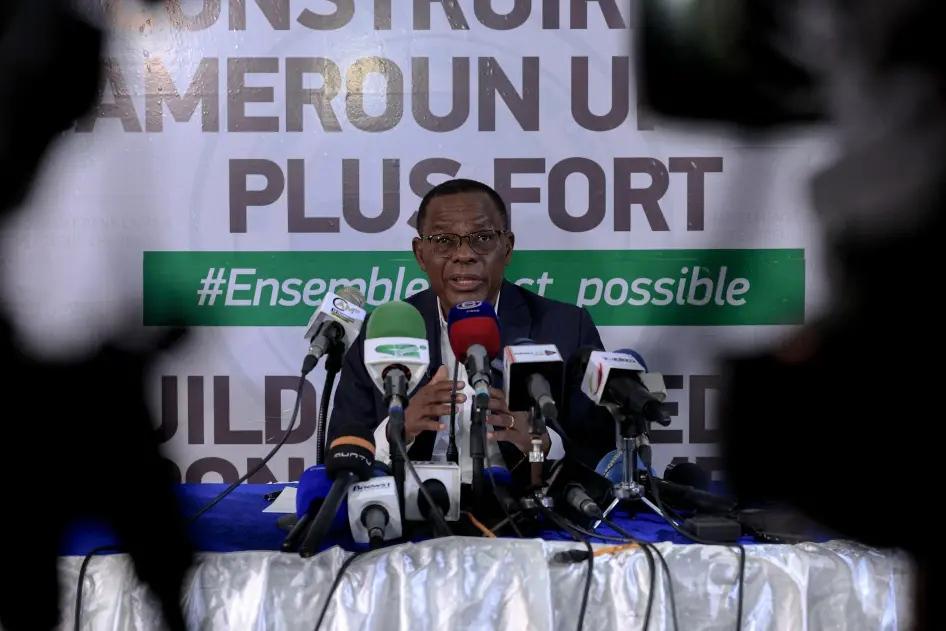
The recent hearing before Cameroon’s Constitutional Council has sent shockwaves through the nation’s political landscape as candidate Maurice Kamto’s legal team mounted a formidable defense that challenged long-held assumptions about the country’s electoral system.
Facing a request by Dieudonné Yebga, supported by Minister Atanga Nji, which appeared poised to invalidate Kamto’s candidacy, the candidate’s lawyers delivered a meticulous and forceful argument that unsettled the council and captivated a packed room of jurists and political observers.
“Each sentence of the lawyers was weighed as an attack against a system deemed too closed to transparency,” witnesses said.
The Constitutional Council, visibly taken aback by the strength and legal solidity of Kamto’s evidence, stunned onlookers by postponing its ruling until 3 p.m., extending a suspense that many analysts describe as unprecedented in recent electoral disputes.
Some experts suggest this unusual delay signals the council’s attempt to measure the potential political and institutional repercussions of either rejecting Kamto’s appeal or implicitly siding against his opponents.
This dramatic development marks a significant moment in Cameroon’s electoral dispute resolution process. It not only highlights the effectiveness and skill of Kamto’s Manidem party legal team but also exposes perceived systemic flaws in an electoral system often criticized as rigid and opaque.
The tension inside the council chambers has spilled over into the public sphere, where social media platforms have become hotbeds of citizen mobilization and debate surrounding the case.
The country watches closely as the council prepares to issue a verdict that could reshape political norms.
As the Constitutional Council weighs its decision, one thing is clear: Maurice Kamto has done more than simply present legal arguments — he has pierced a breach in a wall of institutional inertia. Whether this opening will expand into a lasting reform or be sealed by a government-influenced verdict remains the nation’s most pressing question.



